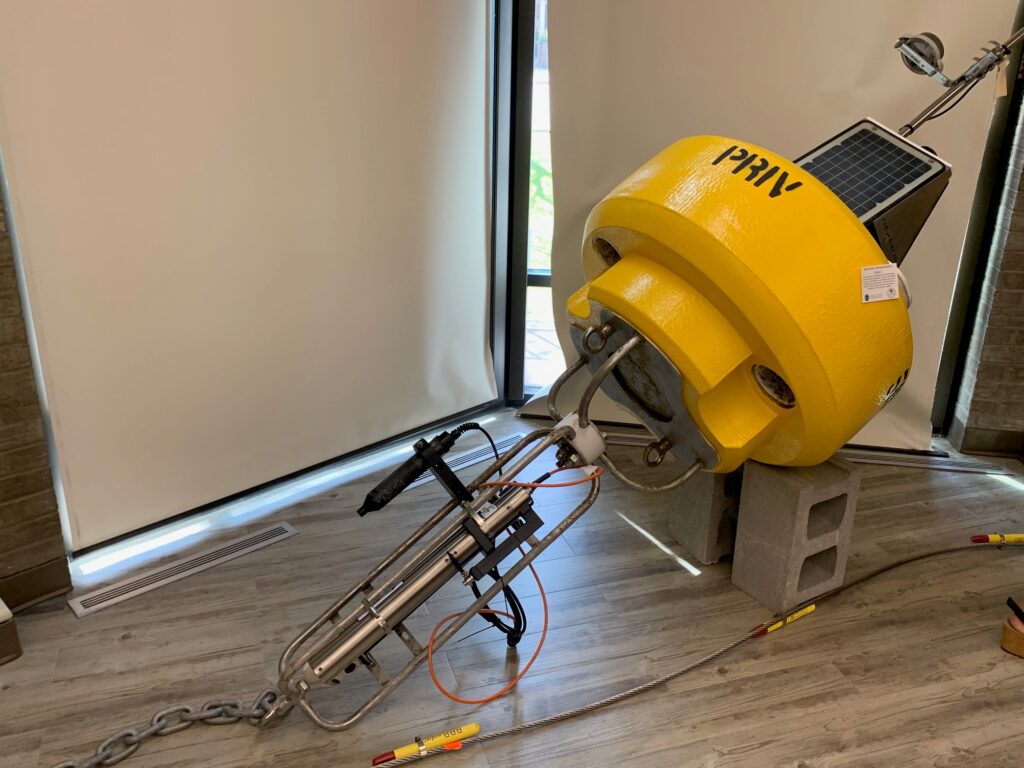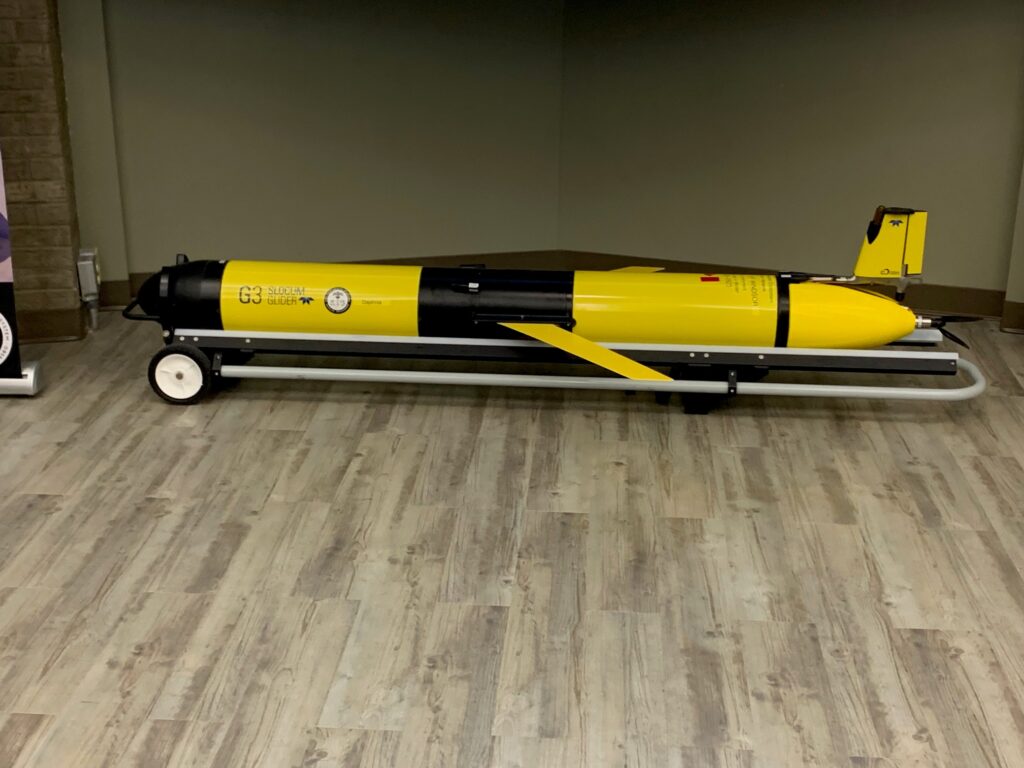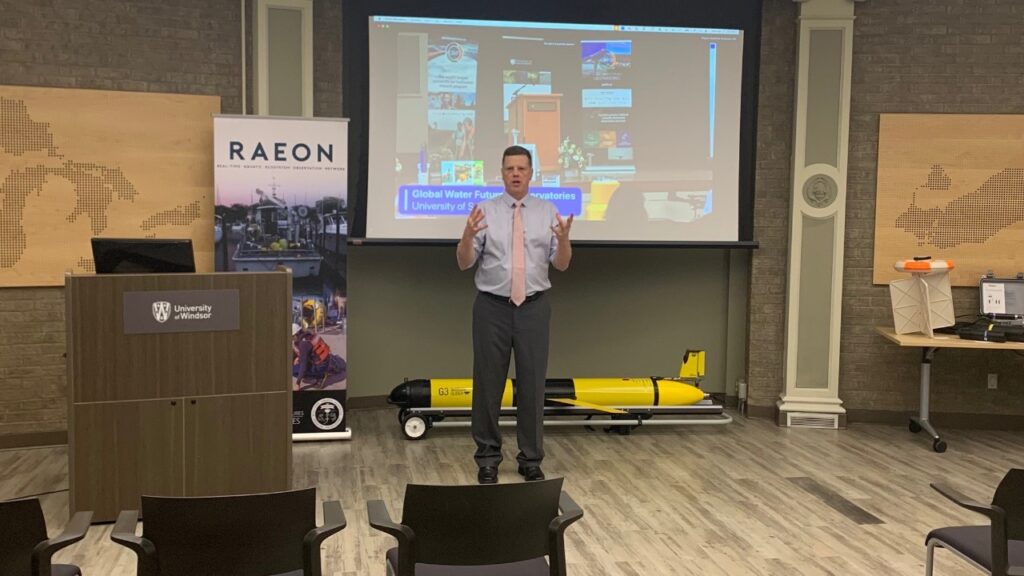By Aaron Mahoney | AM800
The University of Windsor, along with eight other universities in Ontario, is joining with the University of Saskatchewan for a pioneering initiative to create a freshwater observation network in Canada.
On Wednesday afternoon, the University of Windsor celebrated the national launch of the Global Water Futures Observatories (GWFO), which is supported by a $40.4 million grant from the Canada Foundation for Innovation.
Hosted locally at Great Lakes Institute for Environmental Research on Riverside Drive, the event highlighted the university’s Realtime Aquatic Ecosystem Observation Network (RAEON) and its pivotal role in providing infrastructure and data management for freshwater ecosystem research.
GWFO is a network of freshwater monitoring and observation stations placed strategically across Canada, it consists of 64 instrumented basins, lakes, rivers and wetlands, 15 deployable measurement systems and 18 state-of-the-art water laboratories.

They collectively serve as a national scientific freshwater observation network for Canada’s critical freshwater systems.
Professor Aaron Fisk, who is also the Canada Research chair at the School of the Environment, says the funding will keep them afloat until 2029.
“This money provides the staff and technicians that run the network. And the network functions as a research network, so we have a lot of instruments that we deploy in freshwater systems. We have a lot of facilities and labs that do data analysis, this money doesn’t really fund specific research projects, it just keeps the infrastructure and the staff running,” he said.
Fisk says at the very basis level this is about understanding how these ecosystems work and how they’re changing.
“Environment Canada is forecasting that more than 80 per cent of Canada is going to be in a drought this year. Forest fires in the north last year, in the Boreal forest, a lot of them never went out during the winter and we had a low snow pack out east. What we’re doing is we’re collecting data right now to understand how things are happening, to provide that data to managers, conservationists and governments so that we can try to manage, mitigate and deal with these changes.”
The Global Water Futures Observatories was started by the UofS back in 2018, while Fisk says the Realtime Aquatic Ecosystem Observation Network has been operational since then as well but their previous funding had run on.
“RAEON, which is the part the University of Windsor is bringing, is mostly focused on the Great Lakes. If we didn’t have this funding then we didn’t really have the money to continue to have the staff to run these facilities, to put the instruments out in the water, and to do the data management. So it keeps us moving forward, and gives us all this opportunity to do this research and collaborate,” he said.
The fresh water monitoring stations will support Canadians in finding solutions for water issues regarding climate change, sustainable management of water resources, freshwater for communities, energy and agriculture, ecosystem conservation and much more.
The GWFO monitoring sites are scattered across both remote and populous locations in Canada, from within the Great Lakes to atop glaciers and mountaintops.

